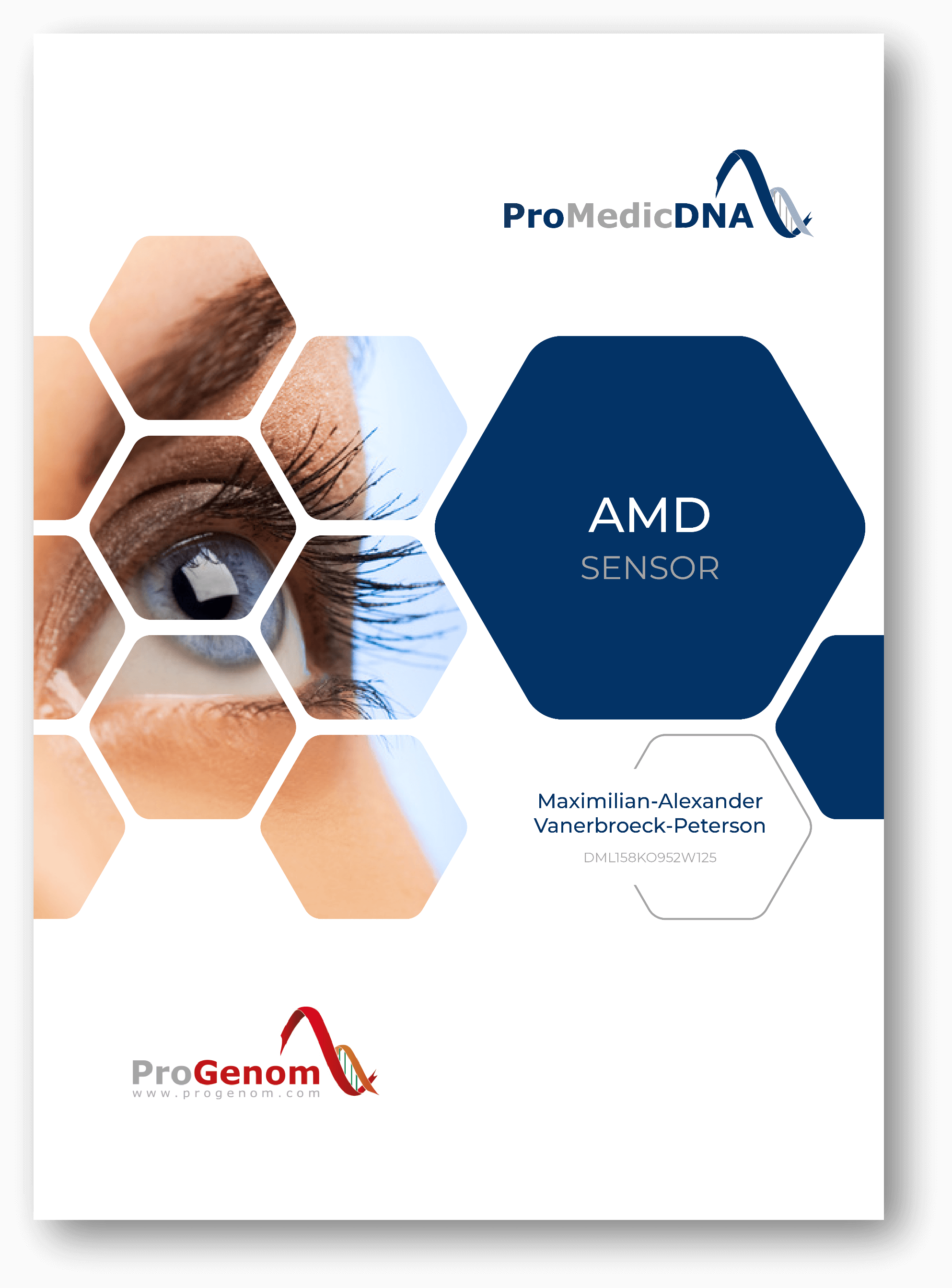Prostate Cancer – The Most Common Cancer in Men
In men, malignant tumors are most commonly diagnosed in the prostate, and prostate cancer is the third leading cause of cancer-related deaths.
In the early stages, prostate cancer rarely causes symptoms. Possible symptoms can include frequent urination, burning during urination, blood in urine or semen, and erectile dysfunction. After metastases (secondary tumors) develop, more symptoms may occur. Metastases from prostate cancer are often found in bones, especially the spine, and can cause severe pain.
The risk of developing prostate cancer increases significantly with age, so men should begin regular screenings for cancer detection by the age of 45, including a prostate examination by a doctor. With early diagnosis, various treatment approaches like long-term observation, active surveillance, surgery (radical prostatectomy), radiation, hormone therapy, or chemotherapy often lead to successful outcomes in treating prostate cancer.
Personal Risk Factors for Prostate Cancer
The main risk factor for prostate cancer is age. Additionally, genetic predisposition plays a significant role in whether a man develops prostate cancer and how it progresses.
A genetic test that analyzes the genes associated with prostate cancer can provide valuable insight into individual risk and allow for early intervention when necessary.
How Does Our Prostate Health Sensor Work?
Our Prostate Health Sensor analyzes the submitted saliva sample for 10 gene variants that are associated with an increased risk of prostate cancer.
We also assess the genetic profile’s influence on the efficacy and tolerance of 43 commonly used medications.
The results are presented in a clear report, which also provides specific preventive measures for prostate cancer.
In this way, our Prostate Health Sensor can be a valuable tool for early detection and prompt initiation of treatment for prostate cancer when needed.
Prostate Health Sensor Overview
- Analysis of 10 genetic variants associated with prostate cancer
- Evaluation of individual prostate cancer risk
- Testing the effectiveness and tolerance of 43 relevant medications
- Reliable & ISO-certified testing in our laboratory
- Comprehensive evaluation of test results
- Individual recommendations for prostate cancer prevention



























